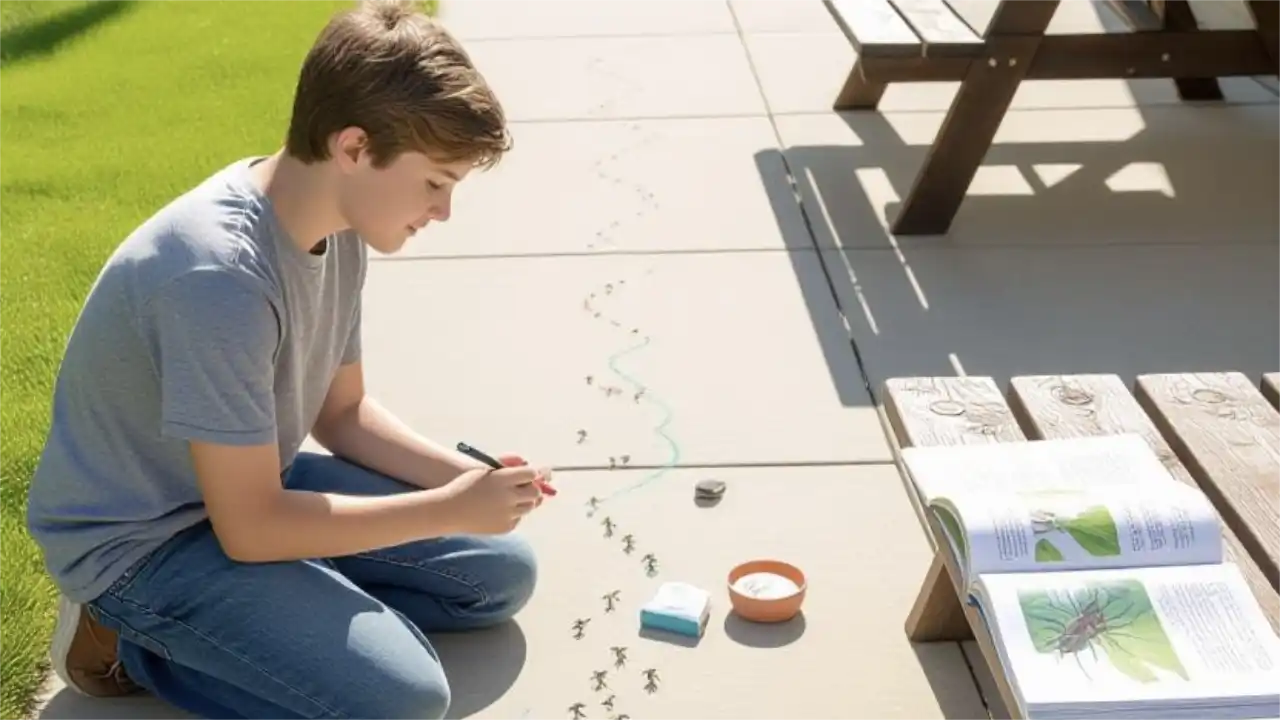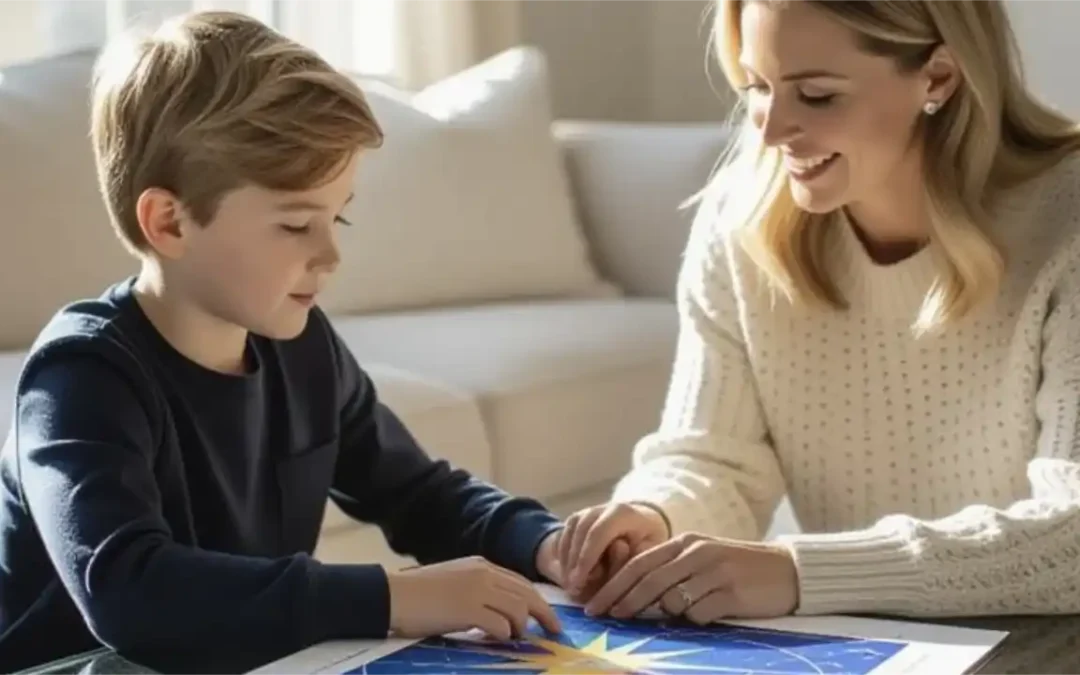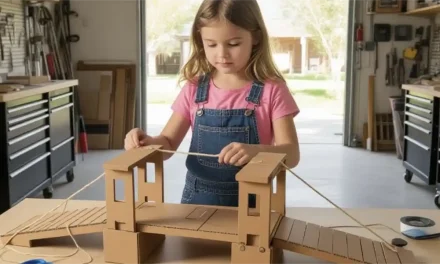
Encouraging Curiosity: Spark Questions
C
hildren are born asking why—but whether that spark grows or dims depends largely on what happens next. If questions are met with genuine interest, they multiply. If they’re brushed aside, they fade. Your role isn’t to answer every question—it’s to keep them coming. The way you respond—by turning the question back, sharing your own curiosity, or simply pausing to wonder aloud—tells your child that thinking is worth the effort. Curiosity isn’t a phase; it’s a muscle, and it needs exercise.
One morning, my son crouched beside a line of ants, watching them move between a crack in the sidewalk and a patch of weeds. “Where are they going?” he asked. I didn’t explain—I asked, “What do you think?” He guessed maybe they had a home underground, or were building a city. We followed them, drew a map in chalk, and later read about how ants leave trails for others to follow. That question, simple as it was, turned a quiet morning into an investigation. It taught him that his curiosity could shape the day.
You don’t need to engineer questions—just leave room for them. Slow down. Ask what your child notices. When they wonder, resist the urge to tidy it up. Let the unknown linger a little. That space—where a guess can breathe, where wonder isn’t rushed—is where thinking begins to stretch. Over time, your child won’t just ask better questions; they’ll learn to live inside them.
Encouraging Curiosity

Encouraging Curiosity: Model Growth by Changing Your Mind
Show children that changing your mind is a sign of learning. Modeling flexibility teaches humility, reflection, and thoughtful decision-making.

Encouraging Curiosity: Build Boldness
Confidence grows when children take risks and try new things. Learn gentle ways to encourage bravery, courage, and resilience.

Encouraging Curiosity: Chase Exploration
Children develop confidence by exploring freely. Support adventures, new experiences, and playful discovery in daily life.

Encouraging Curiosity: Model Curiosity with Diverse Ideas
Show your child that curiosity is a strength. Share new ideas, cultures, and perspectives to inspire wonder and open-minded thinking.
Table of contents

Primordial Soup for the Mind: Navigation
Navigate the book Primordial Soup for the Mind.
TIPS
- Don’t rush to answer—ask what they think first.
- Let questions lead to exploration, even if there’s no clear destination.
- Treat curiosity as something to follow, not fix.
ACTIVITIES
- Trail Talk: On a walk, stop and ask, “What do you notice here?” Let their observations guide the moment.
- Guess Chain: When a question comes up, say, “Let’s each take a guess,” and build on it together before looking anything up.
EXAMPLE
My son spotted a line of ants and asked where they were going. I asked what he thought. We followed their path, mapped it in chalk, and turned a quiet morning into a small expedition.

Download “Primordial Soup for the Mind: A Parent’s Guide to Nurturing Intellectual Growth”
Enter your information to get this article and hundreds more as part of the FREE book Primordial Soup for the Mind.
Share your thoughts with the Thought Academy community in the Comments section below.

Sharpen those skills!
Enter your information to get our FREE practice exercises so you can hone your critical thinking and reasoning skills!







0 Comments